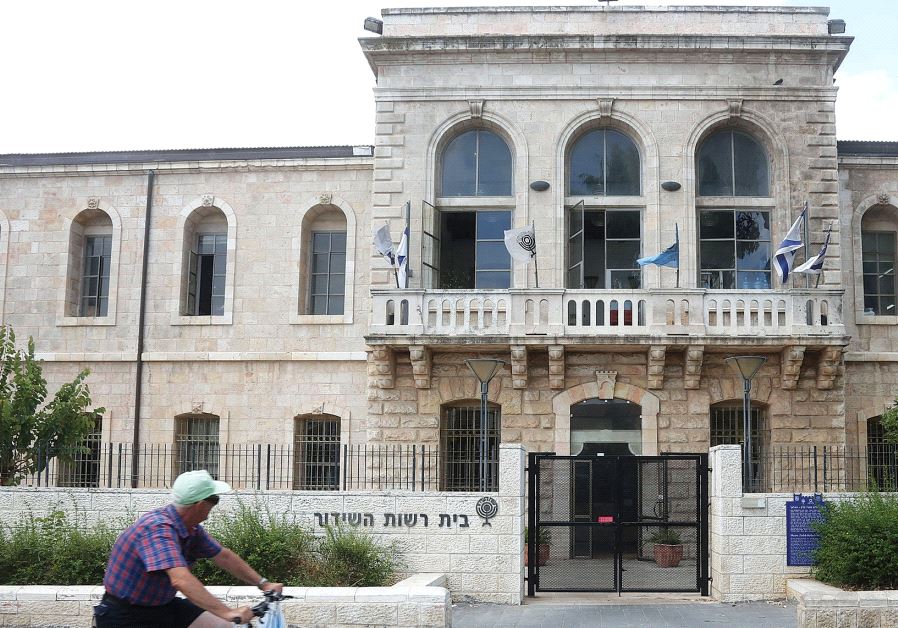Time running out for Israel Broadcasting Authority
Kahlon says that he will find a way to help as many IBA employees as possible to find work at IBC or other governmental offices.
 IBA HEADQUARTERS is located on Jerusalem’s Jaffa Road.(photo credit: MARC ISRAEL SELLEM)Updated:
IBA HEADQUARTERS is located on Jerusalem’s Jaffa Road.(photo credit: MARC ISRAEL SELLEM)Updated: